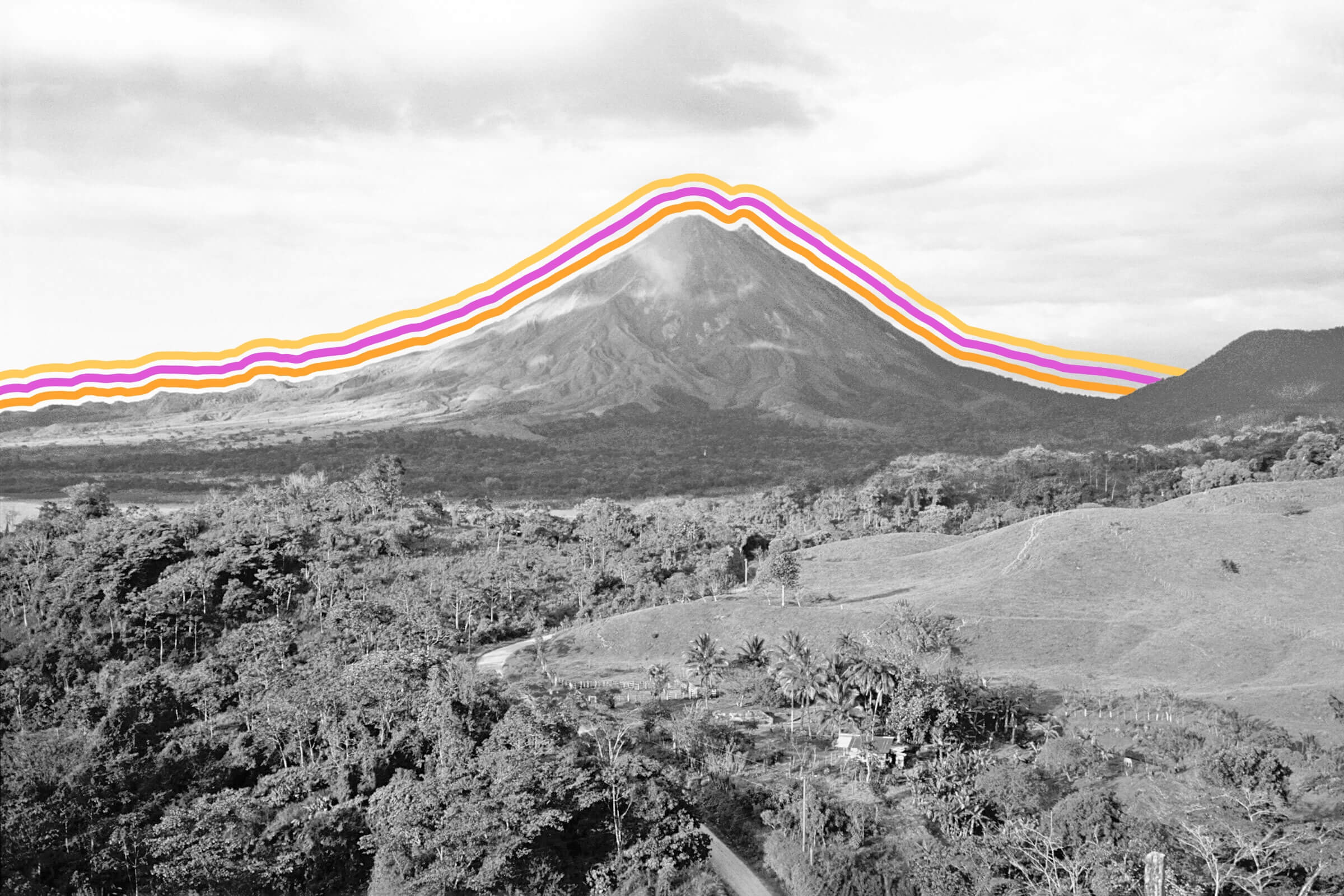| The U.S.'s first volunteer firefighting service was created by founding father __. |  |
|
|
 | Numbers Don't Lie |
|
 | | Year the U.S. Forest Service introduced Smokey Bear to promote fire prevention | | 1944 |
|
|  | | Degrees (Fahrenheit) the hottest part of a candle flame can reach | | 2,552 |
|
|
|
 | | Maximum loudness (in decibels) of a typical fire alarm; about as loud as a chainsaw | | 120 |
|
|  | | Number of books lost when the Library of Alexandria caught fire, according to Roman philosopher Seneca | | 40,000 |
|
|
|
|
|
 | The hottest place ever recorded on Earth was seven times hotter than the sun. |
|
| Human control of fire has come a long way since its ancient origins, and today scientists are hard at work trying to recreate the very plasma that fuses at the center of the sun. Known as nuclear fusion reactors, these incredibly complex machines could help humanity kick its diet of fossil fuels while simultaneously providing nearly limitless, clean energy. Fusion reactors do this by recreating the physics at the center of stars, but because Earth isn't nearly as dense as a star, scientists must make machines that can get really, really hot. This heat helps particles overcome their natural resistances and fuse, forming a new element while releasing lots of energy. In 2022, a fusion reactor in South Korea recorded a scorching temperature of 100 million degrees Celsius, seven times hotter than the core of the sun. This reaction lasted for only 30 seconds, but within that half-minute, that terrestrially bound mini star was the hottest place ever recorded on Earth. This is only the beginning of how hot things will get — scientists estimate that when the International Thermonuclear Experimental Reactor, the world's largest fusion reactor, goes online in 2025, it'll eventually reach temperatures of 150 million degrees Celsius. | | |
|
|
|
| You might also like | | 6 Explosive Facts About Volcanoes | | Volcanoes are both creators and destroyers, and they've inspired artists, writers, and scientists for centuries. |  |
|  |
|
|
|
|
|
No comments:
Post a Comment